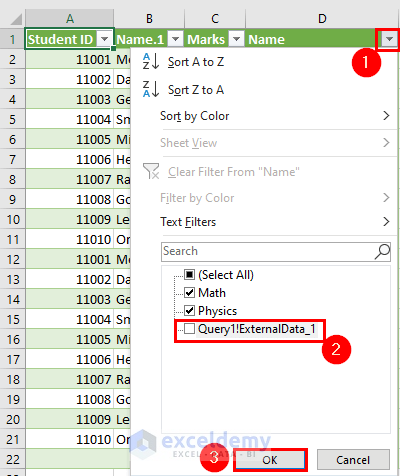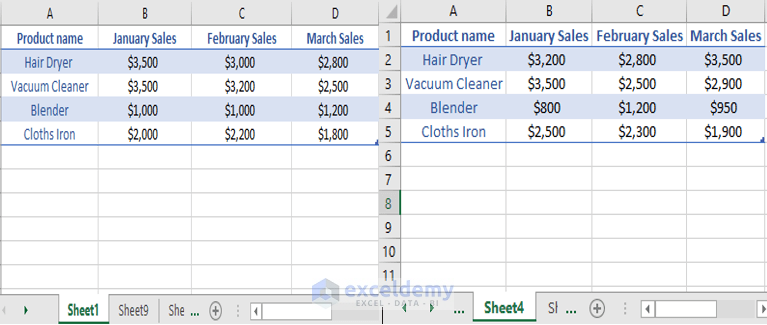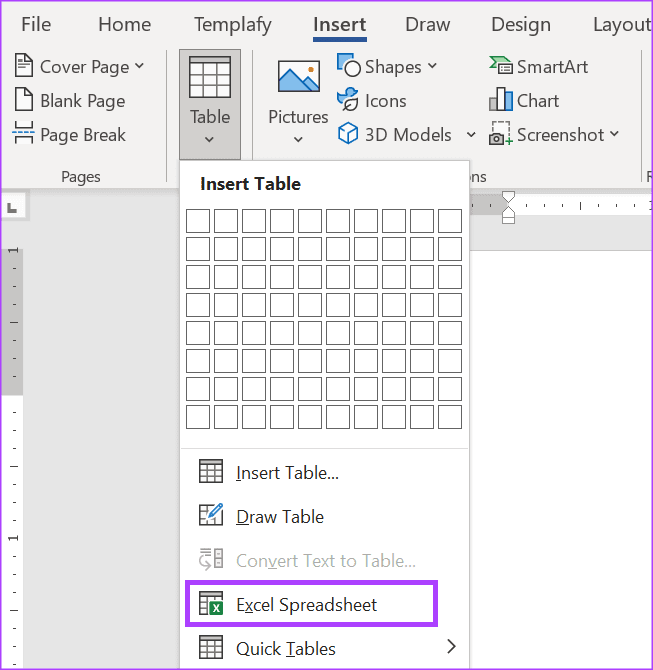3 Easy Ways to Merge Excel Sheets Quickly

Merging Excel sheets can sometimes seem like a daunting task, especially when dealing with large datasets or when you need to consolidate information from multiple sources quickly. However, with the right tools and techniques, you can streamline this process significantly. Here are three efficient methods to merge Excel sheets, which can be utilized depending on your specific needs and the complexity of your data.
Method 1: Using Excel Formulas


If you’re dealing with simple data merging, Excel’s built-in formulas can be a straightforward solution.
- Create a Master Sheet: Open a new worksheet in your workbook where you will consolidate all data. Let’s call this the “Master Sheet.”
- Use VLOOKUP or INDEX/MATCH:
- To combine data from multiple sheets into the Master Sheet, you can use
=VLOOKUP()or=INDEX() + MATCH()formulas. - For instance, if you have ‘Sheet1’, ‘Sheet2’, and ‘Sheet3’ with the same structure, you might use:
=VLOOKUP(A2, Sheet2!A:B, 2, FALSE)
- To combine data from multiple sheets into the Master Sheet, you can use
- Copy and Paste Formulas: After setting up formulas on the first row, you can copy these formulas down the column to autofill data from the other sheets.
⚠️ Note: The VLOOKUP function can be slow with large datasets due to its search nature. INDEX/MATCH can offer better performance.
Method 2: Using Power Query


Power Query (known as Get & Transform in newer Excel versions) is an extremely powerful tool for data manipulation, including merging multiple sheets.
- Access Power Query: Go to the “Data” tab, then select “Get Data > From Other Sources.”
- Combine Files: Choose “Combine & Transform Data” and then select “Folder” to load all your Excel files from a specific directory.
- Merge Data: Once the files are loaded into Power Query:
- Navigate through each sheet you want to merge using the Query Settings pane.
- Select “Append Queries” to combine data from different sheets into a single table.
- Load the Data: After you’ve arranged your queries, load the merged data back into Excel as a new table.
Method 3: Excel VBA Macros


For those comfortable with VBA (Visual Basic for Applications), creating a macro to merge Excel sheets can provide significant automation benefits.
- Open VBA Editor: Press Alt + F11 to open the VBA editor.
- Create a Macro:
Sub MergeAllSheets()
Dim ws As Worksheet
Dim shMaster As Worksheet
Dim LR As Long, LC As Long, sr As Long
Application.ScreenUpdating = False
Set shMaster = ThisWorkbook.Sheets(“Master”)
For Each ws In ThisWorkbook.Worksheets
If ws.Name <> shMaster.Name Then
LR = ws.Cells(Rows.Count, 1).End(xlUp).Row
LC = ws.Cells(1, Columns.Count).End(xlToLeft).Column
sr = shMaster.Cells(Rows.Count, 1).End(xlUp).Row + 1
ws.Range(ws.Cells(1, 1), ws.Cells(LR, LC)).Copy shMaster.Cells(sr, 1)
End If
Next ws
Application.ScreenUpdating = True
End Sub - Run the Macro: Run this macro by pressing F5 within the VBA editor, or create a button on the Excel ribbon to execute it.
👾 Note: Macros can pose a security risk if downloaded from untrusted sources. Ensure to enable macros only in trusted workbooks.
Each method has its advantages, making them suitable for different scenarios:
- Excel Formulas are great for small, straightforward merges where data consistency is key.
- Power Query offers robust data manipulation capabilities, ideal for complex merges from multiple files.
- VBA Macros automate repetitive tasks, perfect for regular merging operations or when you need to combine sheets with different structures.
By understanding these methods, you can choose the one that best fits your data merging needs, making your workflow more efficient and your data analysis more insightful. Whether you're consolidating monthly reports, preparing data for analysis, or simply organizing your information, mastering these techniques can save time and reduce errors associated with manual data manipulation.
Can I merge sheets from different Excel files using Power Query?

+
Yes, Power Query can merge data from different Excel files by selecting a folder where the files are stored and then choosing to combine them.
What are the limitations of using VLOOKUP for merging?

+
VLOOKUP has performance issues with large datasets and can’t look to the left of the lookup column. INDEX/MATCH offers more flexibility and performance for such cases.
Is VBA the best option for merging Excel sheets?

+
VBA is ideal for automation and customization. However, it requires coding knowledge and poses security risks if not handled properly.



